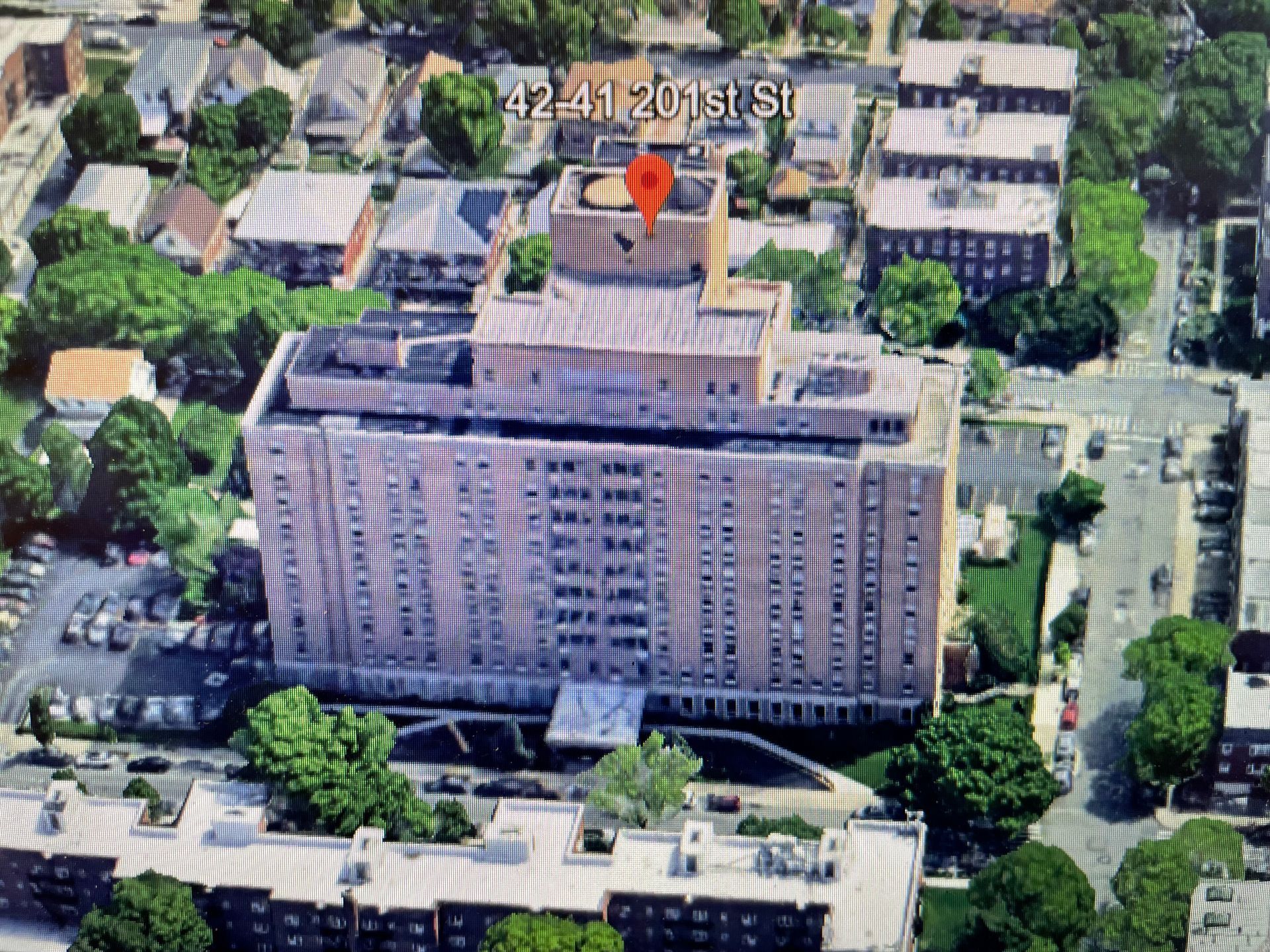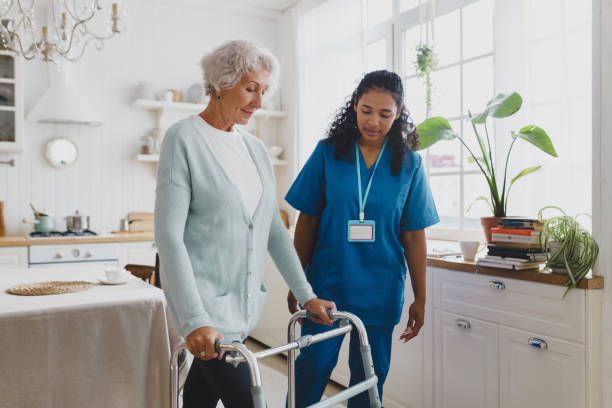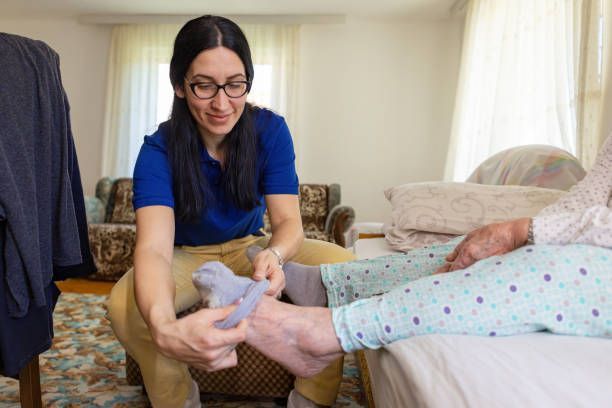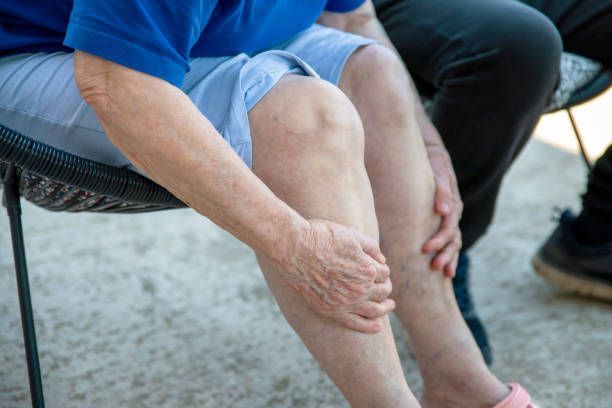What Is the First Stage of Alzheimer's?
What is the First Stage of Alzheimer's?
Early detection of Alzheimer's disease offers several key benefits that can significantly improve the quality of life for individuals and their families. Identifying the disease in its initial stages allows for timely intervention, enabling patients to access treatments that may help slow the progression of symptoms, such as memory loss and cognitive decline. Early detection also provides individuals and their families more time to plan for future care, make important legal and financial decisions, and explore lifestyle changes, such as diet and exercise, that can help manage the condition. Additionally, early diagnosis facilitates emotional and psychological support, ensuring that patients and caregivers can cope better with the challenges ahead while maintaining independence for as long as possible.

Early Detection of Alzheimer's is Essential for Effective Care and Future Planning
Alzheimer's disease is a progressive neurodegenerative disorder, primarily affecting memory and cognitive function. As the most common form of dementia, it profoundly impacts individuals, families, and caregivers. Early detection of Alzheimer's, especially understanding the first stage, is essential for effective care and future planning. In this article, we’ll explore the first stage of Alzheimer’s, also known as the "preclinical" or "mild cognitive impairment (MCI)" stage, its symptoms, diagnosis, treatment options, and helpful strategies for caregivers.
Understanding Alzheimer’s Disease
Alzheimer's disease generally progresses through three stages: early (mild), middle (moderate), and late (severe). However, before these stages, there’s the preclinical stage, where the disease starts affecting the brain, even though outward symptoms may not be noticeable. This phase can evolve into mild cognitive impairment (MCI), where the first observable signs of Alzheimer’s appear.
What Happens in the First Stage of Alzheimer’s?
The first stage of Alzheimer’s, or the preclinical stage, can last for years or even decades before any significant symptoms appear. Subtle changes in the brain, including the formation of plaques and tangles, begin during this stage, causing gradual damage to neurons. While daily life is not yet disrupted, medical technology can detect biological markers of Alzheimer’s, helping to identify those at high risk. When the condition advances to mild cognitive impairment, symptoms like memory lapses and cognitive decline become apparent, though most individuals remain relatively independent.
Symptoms of the First Stage of Alzheimer’s
In the early or MCI stage of Alzheimer’s, symptoms can be subtle and are often mistaken for normal aging. Some common early signs include:
- Mild Memory Loss: Forgetting recent events or conversations, asking repetitive questions, or struggling with appointments and important dates.
- Difficulty Finding Words: Pausing frequently in conversations while searching for words or using repetitive language.
- Trouble with Complex Tasks: Difficulty with planning or problem-solving tasks, such as managing finances or following recipes.
- Confusion with Time or Place: Losing track of time or becoming disoriented about locations.
- Decreased Judgment: Making uncharacteristically poor decisions, such as neglecting personal hygiene or making unnecessary purchases.
- Losing Items: Misplacing items more frequently and struggling to retrace steps to find them.
- Mood and Personality Changes: Becoming anxious, irritable, or depressed, and withdrawing from social activities due to frustration with memory lapses.
Diagnosing Alzheimer’s in the First Stage
Early diagnosis is crucial for managing Alzheimer’s and planning future care. However, diagnosing Alzheimer’s in the first stage can be challenging because symptoms are often mild and similar to normal age-related changes. Diagnostic methods include:
- Medical History and Cognitive Tests: Evaluating memory, attention, and problem-solving abilities using tools like the Mini-Mental State Examination (MMSE).
- Neurological Exams: Testing reflexes, coordination, and speech to rule out other conditions.
- Imaging Tests: MRI or PET scans to detect early signs of brain changes and plaque formation.
- Biomarker Testing: Testing spinal fluid or blood for amyloid-beta plaques and tau tangles.
Treatment Options in the Early Stage
The information provided in this article is intended for educational purposes only and should not be considered as medical advice or a substitute for professional diagnosis and treatment. It is not designed to diagnose, treat, or manage any medical condition, including Alzheimer's disease. Always consult a licensed healthcare provider for medical concerns, appropriate diagnosis, and treatment options, including medications. The information about treatments and medications mentioned here is general in nature, and any treatment plan should be discussed and personalized by a healthcare professional. Though there’s no cure for Alzheimer’s, early treatment can help manage symptoms and slow disease progression. Common approaches include:
- Medications: FDA-approved drugs like cholinesterase inhibitors can temporarily relieve memory and cognitive symptoms.
- Lifestyle Modifications: Maintaining a healthy lifestyle with regular exercise, a balanced diet, and social activities can support cognitive health.
- Cognitive Training: Memory games and problem-solving exercises help strengthen neural connections.
- Support Groups and Therapy: Counseling and support groups can help individuals and their families cope with the emotional impact of the diagnosis.
Caregiver Tips for Managing the First Stage of Alzheimer’s
Caregivers play an important role in supporting individuals during the early stage of Alzheimer’s. While most individuals can still function independently, caregivers can provide valuable assistance by:
- Encouraging Independence: Allowing individuals to perform daily tasks on their own, offering assistance when necessary.
- Creating a Routine: Establishing a structured schedule to reduce confusion and anxiety.
- Using Memory Aids: Implementing tools like calendars, to-do lists, and labeled items to help with memory.
- Planning for Future Needs: Preparing for future care, including legal and financial decisions, as Alzheimer’s progresses.
- Seeking Support: Taking advantage of home care services like those provided by 7 Day Home Care for respite and additional daily support.
Recognizing the first stage of Alzheimer’s is crucial for early intervention and planning. Although symptoms may be subtle, early detection and treatment can improve quality of life and help manage the disease’s progression. By understanding the early signs and seeking appropriate medical care, individuals and their families can take proactive steps to manage Alzheimer’s effectively.
At 7 Day Home Care, we offer compassionate and personalized care for individuals in the early stages of Alzheimer’s. Our trained caregivers assist with daily tasks while promoting independence and dignity. If you or a loved one has been diagnosed with Alzheimer’s, we are here to help navigate the challenges ahead and ensure the best possible care throughout every stage of the disease. 7 Day Home Care is licensed by the New York State Department of Health to provide home care services in Manhattan, Queens, Brooklyn, Nassau County, and Suffolk County, New York. To learn more about our home care services, please call 516-408-0034.
Brian Callahan
7 Day Home Care










